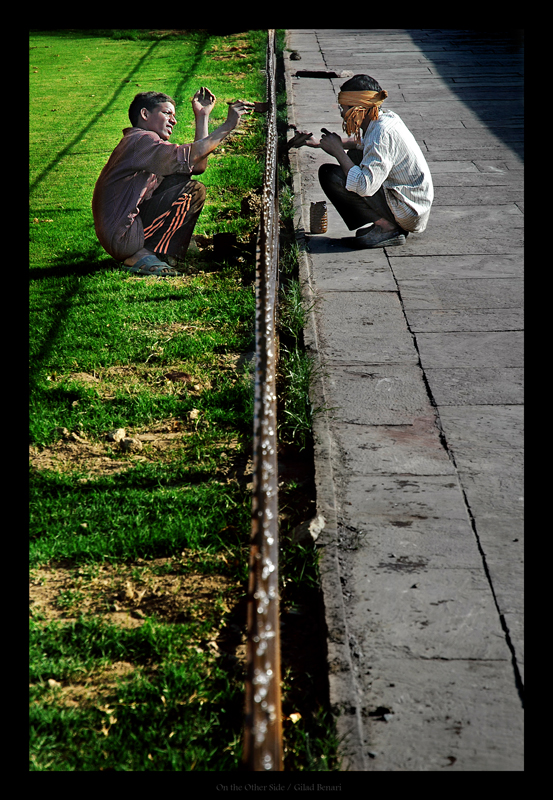Lesson 11: The Other Side of the Story
Attention

Learning Outcomes
Upon completion of this lesson's material, students will be able to:
- Evaluate the premise of "creating false memories" as a concern when dealing with individuals who may, or may not, have experienced trauma
Teaching
- Review the following websites and feel free to look for other sources on the subject of false memory syndrome.
- http://www.stopbadtherapy.com
- False Memory Syndrome Foundation
- False Memory Syndrome Alive and Well
These websites present a variety of different perspectives. Some are advocacy websites focused on attacking some basic tenants of psychotherapy such as the desire for many therapists to "dig stuff up". This has long been a method in counseling. The presumption that if you "get it out", whatever "it" is, then you will feel better. As mental health professionals, and a person, you have to use critical thinking to make decisions everyday about how you are going to approach various situtions with your clients, your peers, your family. This lesson is about using critical thinking skills to think through how false memory syndrome came to be and what the short and long term implications are for clients, then and now.
Defense Mechanisms Memory Suppression or Repression comes from the work and theories of Sigmund Freud. Freud felt that some situations were so stressful and anxiety provoking that the EGO developed ways to cope with them. These strategies were termed "Defense Mechanisms". Some of these strategies are very functional while others can be destructive over the long term. However, Freud felt that ALL of them served to protect the EGO in dire circumstances. In this way, one can assume that if a memory is being suppressed or repressed, then the person may not be ready to deal with it...the "forcing" of recollection through therapy is a risky task! We might hear it referred to as "opening a can of worms"...and that is how awful it can be. So...want to learn more about Defense Mechanisms? Click HERE to learn the basics about Defense Mechanisms from the Simply Psychology website. Click HERE to visit the Wikipedia page on Defense Mechanisms...this particular resources is pretty great because it also covers Vaillant's Categories of Defense Mechanisms...this theory really drives home the way defenses can be pathological, immature, neurotic, or mature (functional). |
Also...it is not that therapists create memories on purpose...you are misreading this. It is that the highly motivated CLIENT (who is in real pain, often not knowing what it is they are in pain about) comes to the highly motivated THERAPIST who has been taught that sometimes memories are repressed. When the pained client begins to search for reasons for their pain the therapist may reinforce certain kinds ideas that the client talks about.
If, for example, a client comes in and can't seem to form intimate relations with others, the therapist will ask about their past. If the client talks about their first childhood love that might go by without exploration...if the client then shares a "dream" they had about a dark figure hovering over them during summer camp...many therapists would jump right on that (due to research suggesting that sexual assault impacts intimate relationships).
The FACT may be that the dream the client talks about really was a dream, but motivated to find a solution to their pain they may decide that the memory was true and begin to construct an event where they were sexually molested at camp.
The language of "case" speaks to the notion that sexual assault does not have a "statute of limitations"...meaning cases like this have been presented and prosecuted in court years if not decades after the event (consider the age of many of the sexual abuse cases among catholic priests....some of these cases were 20-25 years old).
The website is advocating that false memories CAN and DO sometimes get created inadvertently through this process. And the cost to others can be severe.
Assessment
Lesson 11 Discussion
This week we are going to switch gears a bit and take a critical look at the world of false memories and the role that some therapists have taken in "creating" memories in their clients.
This is somewhat controversial because some advocate that hidden and unperceived memories are real while others feel that significant events actually leave very obvious memory traces and we would tend to remember those the MOST clear.
To be good scientists we need to consider both sides of the story.
What do you think about false memories and the roles that therapists can play in creating them? Use the websites mentioned above as resources but feel free to use other sources as well.